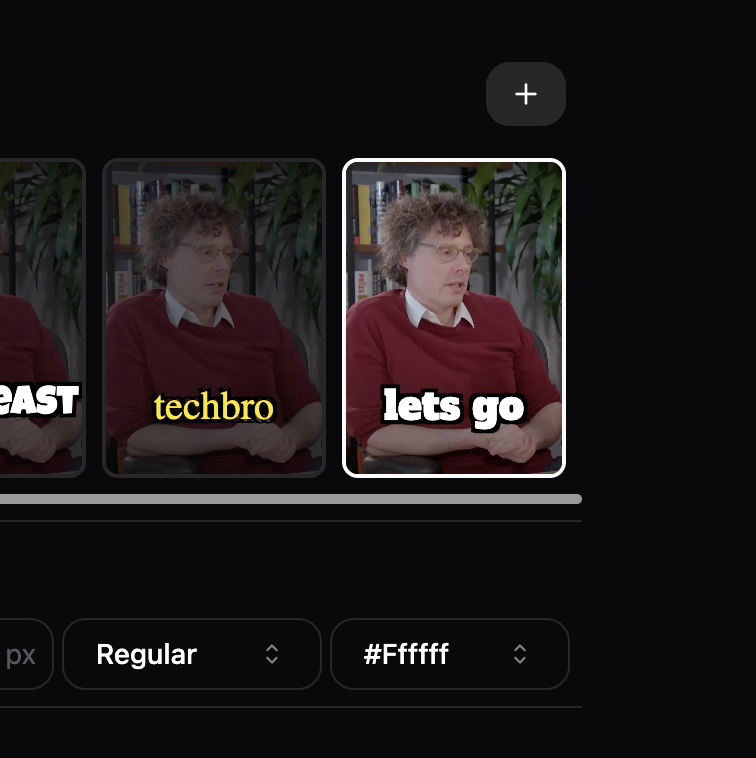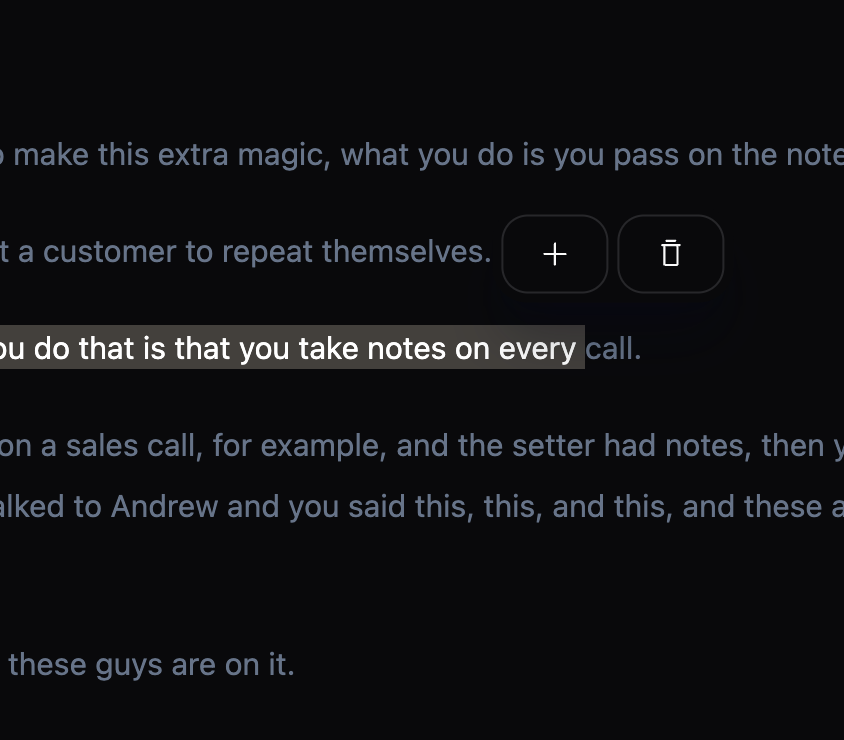Grow 10x faster with viral AI-edited shorts
1 video. 10+ clips. 10x less effort to go viral.
Customizewithtemplates,fontsand more

Craft viral compositions with ease
Editing made easier with an intuitive editor

Caption templates
Use brand templates to match your branding. Customize captions, assets, and more.
Animated captions
Automatically add animated captions with 98.99%+ accuracy, 50+ languages and many viral templates to choose from.
Automatictranscriptgeneration

Edit selected moments
Our editor automatically generates transcripts and curates the most engaging moments.

Easy editing
Intuitive editor with text and timeline editing capabilities.
Accelerategrowthwithscheduledpostsandanalytics
Virality score
Our AI automatically generates scores to grade the virality potential of each short clip.
Schedule content
Coming soonSchedule your clips to YouTube, TikTok, Instagram, Facebook, LinkedIn, and X. Or automate shorts with automated posts right after you publish your videos.


Trending phrase research and targeting
Coming soonMaximize your reach across all demographics with targeted content
10X
the
growth
the
content volume
Join the early access and be the first one to experience AI video editing at scale. Get additional 50% discount on the annual plan.
AI does the job, you get the views
An AI editor that finds the most viral hooks, extracts highlights from different parts of your video, and connects them to create scroll-stopping short videos.

Make content 10x faster
Intuitive editor, fast processing, packed with features to help you go viral.
views has never been easier.
AI video editor that 10x's your workflow.
Go from hours of editing to social ready shorts in moments.

FrequentlyAskedQuestions